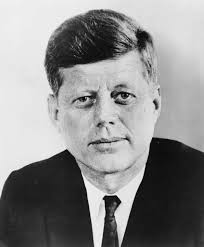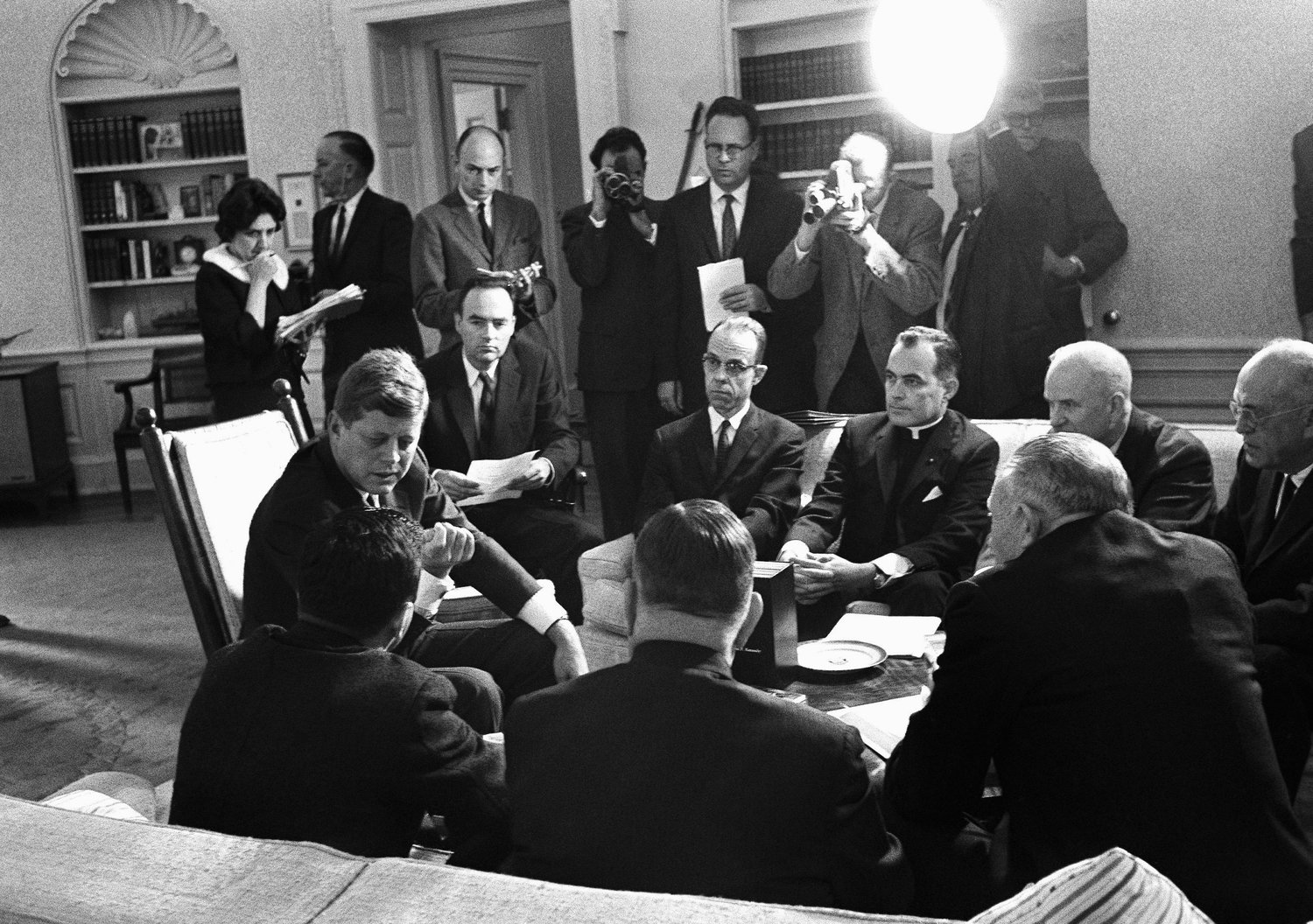Title: Remembering November 22, 1963: A Day That Shook America
Introduction:
November 22, 1963, is a date etched into the collective memory of Americans. On that fateful day, the nation was left stunned and grieving as news of President John F. Kennedy’s assassination spread like wildfire. This significant event not only marked the end of an era but also had a profound impact on the course of American history. Let us reflect on this tragic memory and understand its lasting significance.
The Assassination of President John F. Kennedy:
On that sunny Friday afternoon in Dallas, Texas, President Kennedy’s motorcade was making its way through Dealey Plaza when shots rang out. The nation watched in disbelief as news outlets reported the president’s critical condition. Within hours, the heartbreaking announcement came: John F. Kennedy had succumbed to his injuries, leaving the country in a state of shock and mourning.
The Impact on America:
President Kennedy’s assassination had far-reaching consequences that extended beyond the loss of a beloved leader. The event marked a turning point in American politics, culture, and society. It shattered the nation’s innocence and forever changed the way Americans viewed their leaders and their country.
1. Political Impact:
President Kennedy’s death led to the immediate transfer of power to Vice President Lyndon B. Johnson, who took the oath of office aboard Air Force One. This transition highlighted the stability of American democracy during a time of crisis. Johnson went on to implement many of Kennedy’s proposed policies, including the Civil Rights Act of 1964 and the Voting Rights Act of 1965.
2. Cultural Impact:
The assassination deeply affected American culture, leaving an indelible mark on the collective psyche. The nation mourned the loss of a charismatic leader who had inspired hope and optimism. Kennedy’s youthful charm, eloquence, and vision for a better America resonated with millions, and his untimely death left an enduring void.
3. Media Impact:
The assassination of President Kennedy was one of the first major news events to be broadcast live on television. The shocking images of the motorcade, the confusion, and the grief were etched into the minds of millions of viewers. This event marked a turning point in how news was consumed, forever changing the role of television in shaping public opinion.
4. Conspiracy Theories:
The circumstances surrounding President Kennedy’s assassination gave rise to numerous conspiracy theories that continue to captivate the public’s imagination. From the “magic bullet” theory to questions about multiple gunmen, these theories have fueled debates and investigations for decades. Despite extensive investigations, the truth behind Kennedy’s assassination remains a subject of speculation and controversy.
Conclusion:
Reflecting on November 22, 1963, is a somber reminder of a significant memory that forever altered America’s trajectory. President John F. Kennedy’s assassination left an indelible mark on the nation’s history, politics, and culture. The shockwaves from that tragic day continue to reverberate through time, reminding us of the fragility of leadership and the enduring impact of one fateful moment. As we remember this significant memory, let us honor President Kennedy’s legacy by striving for a better future for all Americans.


